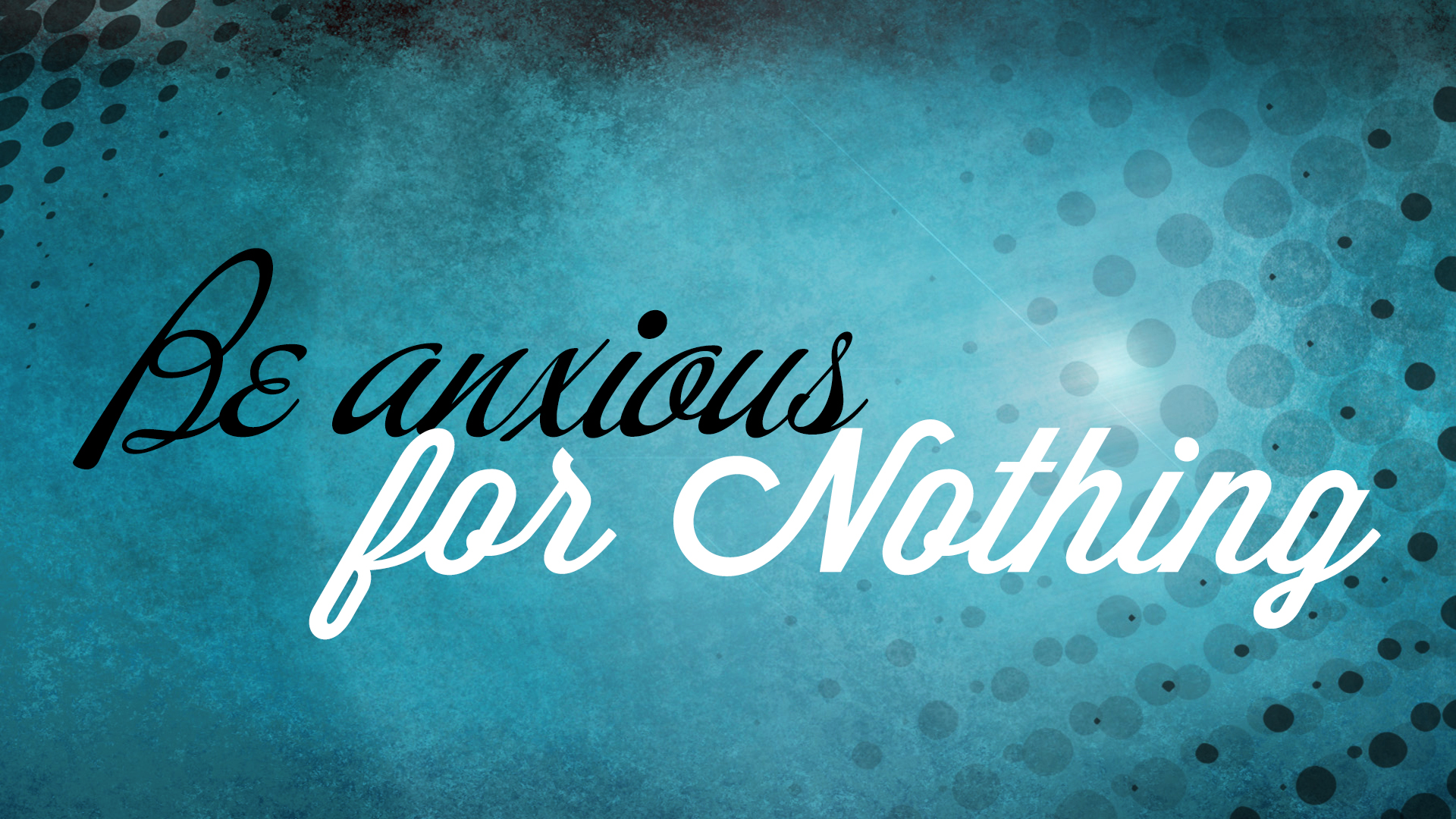God cares about your cares

Our church is in the middle of a series connecting mental health and the gospel. We’ve called it “The Elephant in The Room” because, well, you know, it’s one of those things that rarely gets talked about in churches.
That’s a shame because that causes shame. In fact, the less we talk about it, the more it needs to be talked about because silence and secrecy are two of the main ingredients that cause shame to grow.
[Tweet “Silence and secrecy are two of the main ingredients that cause shame to grow.”]
Thankfully, the Bible isn’t silent where the church is silent. The Bible speaks a lot about mental health, and 2 verses that come to mind are these:
“Do not be anxious about anything, but in every situation, by prayer and petition, with thanksgiving, present your requests to God.” (Philippians 4:6 NIV, emphasis mine)
“Cast all your anxiety on him because he cares for you.” (1 Peter 5:7 NIV, emphasis mine)
I used to scratch my head at the first one and wonder, “How is it possible to never be anxious about anything?” I’m sure all the people who deal with anxiety and panic attacks on a regular basis are screaming AMEN to that! For me, the answer is that it isn’t possible if we’re talking about feelings, but it is possible to not be anxious if we’re talking about response. Let me explain that a bit more.
We can feel anxious when something triggers us. An exam, an interview, a hard conversation that we know we need to have with a friend. The more we think about those things, the more anxiety we feel. In other words, anxiety is a feeling triggered by circumstances.
But what if anxiety could actually be the trigger? I think this is more in line with what Paul and Peter were writing about in the verses above. Feeling anxious can be the trigger that reminds us to bring those situations to God. To paraphrase Paul, “When you feel anxious about anything, immediately take that situation to God and thank Him that He is bigger than what is overwhelming you.”
[Tweet “Feeling anxious can be the trigger that reminds us to bring those situations to God.”]
Peter adds another reason to bring our anxiety to God: simply because God cares for us. That means God cares about our cares.
This is a game changer for us as we deal with anxiety. Like a Jedi mind trick, learning how to use anxiety to trigger a response instead of as a feeling that was triggered can keep us constantly before the Prince of Peace.
And isn’t peace what we all want more of?









Leave a Comment